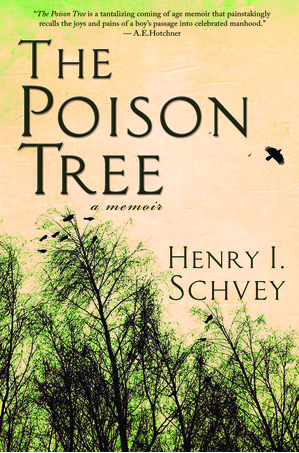Share the post "What You Would Have Learned if You Were at the Missouri Writers Guild Conference"
By Margo L. Dill
The 2014 Missouri Writers Guild Conference was full of acquiring agents, exquisite editors, wise writers, and fabulous fun. Anyone who attended is sure to tell you he or she learned something about the writing craft, constructing a query, or pitching to an agent. If you weren’t able to attend, here’s a recap of some of the things you would have learned.
The conference started off with an informative workshop by Sorche Fairbank, a literary agent, who talked about pitching. She taught us that being specific in your pitch is important to keep the agent’s interest. Another crucial point comes when constructing your logline, a one sentence description about your book. She said don’t use proper names. Instead of pitching with a line such as, “Admiral Beauregard Reynolds falls in love with Anna Marie Duncan at the turn of the century,” you could try, “A young, wounded admiral obsesses over his first love back at home at the turn of the century.” The second logline gives more information about the characters—at this point, names mean nothing to the agent. Fairbank was also gracious enough to give us feedback on our pitches, as we stood and tried out our new skills.
Next came the Missouri Authors Panel, where I was pleased to serve with fellow writers, Sharon Woods Hopkins and Bill Hopkins. Brad Cook was our fearless moderator, and led us in a lively discussion about publishing with small presses, marketing when you live in the Midwest, and writing the best book you can to satisfy readers.
After a dinner break, the session everyone was waiting for arrived—the slush pile readings. Fairbank, Laura Biagi, and Ken Sherman listened to conference chair Lisa Miller read one page of each manuscript, and then they gave honest feedback. The two points that they repeated after many manuscripts were first, a lot of the stories did not begin in the right place—Fairbank said several times something like, “I think your story starts here on the end of page three.” (The agents were given the first three pages, even though only one page was read). They all agreed it’s very common for writers to start their story at the wrong spot—start the story with the inciting incident when life changes for the main character.
The second point the agents brought up was to use specific language and no clichés. They want to see unique descriptions full of vivid imagery that set them in time and place, while introducing the main characters and the problem in the novel.
Believe it or not, the first conference day did not end there. Many of the speakers participated in nightcaps, where they talked with small groups of writers about building characters and platforms, book promotion, screenplays, and more. Nightcaps are often attendees’ favorite part of the evening because they are more intimate, and hey, the bar is open.
But everybody had to be up nice and early Saturday morning to hear the wonderfully knowledgeable author and editor Chuck Sambuchino, from Writers’ Digest, talk about pitching to an agent. He gave great advice about the seven things our pitch should have in it from introducing the main character to the conflict to including complications for our characters and the logline that Fairbank helped us with. He said not to tell the ending of our novel in the pitch, and he also advised that our pitch should take about 90 seconds. Give the agent time to ask you questions. One other piece of advice, “Don’t sit down and say, ‘I’m looking for agent.’” That’s obvious.
Throughout the day, attendees gathered in breakout sessions to discuss topics with writing gurus and authors, Mary Buckham, Margie Lawson, Matthew Frederick, and Sambuchino; editor of Missouri Life magazine, Danita Allen Wood; and agents Gina Panettieri, Biagi, Fairbank, and Sherman. Published authors inspired writers with their writing instruction, while several attendees noted advice on how much attention needs to be paid to the words we put on the page and how being specific is important. With agents, we learned that being professional and knowing our work are the keys to publication as well as working hard and perfecting our manuscripts.
Finally after a book signing and networking hour, dinner was served and Sambuchino once again inspired writers with his talk, “How to Get Published: Professional Writing Practices & What Editors Want.” After the chicken was gone and plates were cleared, MWG officers passed out awards for the best writing of 2013—books, articles, essays, stories, and more. To find a list of winners, you can check out the Missouri Writers Guild website.
So, if you missed this conference, you missed a lot of information about taking your writing to the next level. But, don’t worry—next year, another MWG conference is being planned in honor of the 100th anniversary of the organizations, and the conference chair is the enthusiastic thriller writer, Sharon Woods Hopkins from Cape Girardeau! So, check out the MWG website and become a member to stay informed on the plans.
Margo L. Dill is a children’s writer, living in St. Louis, and the author of Caught Between Two Curses (YA) and Finding My Place (MG). To find out more, please visit http://margodill.com/blog/

